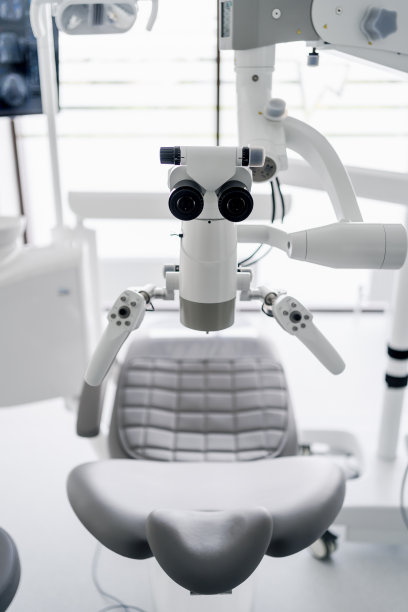Understanding Periodontal Disease Impacts on Oral Health and Systemic Conditions for Better Preventive Strategies
Summary: Periodontal disease significantly impacts both oral health and systemic conditions, creating a ripple effect on overall wellness. This article delves into the multifaceted relationships between periodontal disease, oral health, and systemic health issues. Understanding these impacts is crucial for developing better preventive strategies. By exploring the biological mechanisms, risk factors, and associations with systemic diseases, we can enhance awareness and foster proactive approaches towards oral and overall health. The importance of effective management strategies is underscored, emphasizing the need for a holistic view in both prevention and treatment.
Understanding the Biological Mechanisms

The biological mechanisms behind periodontal disease reveal how oral health directly affects systemic conditions. Periodontal disease begins with the accumulation of plaque, leading to inflammation of the gums, known as gingivitis. If untreated, this can progress to periodontitis, affecting the supporting structures of the teeth. The key players in this microbiological interaction are the pathogens present in dental plaque, which can enter the bloodstream through inflamed gum tissues.
This systemic entry can trigger inflammatory responses throughout the body. The release of pro-inflammatory cytokines not only perpetuates local inflammation but can also influence distant organs, leading to potential complications in conditions such as cardiovascular disease. Understanding this relationship stresses the need for effective oral hygiene practices to prevent periodontal disease.
Risk Factors for Periodontal Disease
Identifying risk factors for periodontal disease is vital for implementing effective preventive measures. Common risk factors include smoking, poor oral hygiene, and certain medical conditions such as diabetes. Each of these factors plays a significant role in the development and progression of periodontal disease.
Smoking, for instance, is a major risk factor that compromises oral health. It suppresses the immune response and decreases blood flow to the gums, making them more susceptible to infection. Understanding the multifactorial nature of these risks allows healthcare providers to focus on education surrounding lifestyle changes as a preventive measure.
Additionally, systemic diseases like diabetes create a bidirectional relationship with periodontal disease, where each condition can exacerbate the other. Regular dental check-ups become critical for patients with systemic diseases, emphasizing the need for cross-disciplinary approaches in healthcare.
Systemic Disease Associations
The relationship between periodontal disease and systemic diseases has gained significant attention in the medical community. Epidemiological studies have shown associations between periodontal disease and several systemic conditions, including cardiovascular diseases, respiratory diseases, and adverse pregnancy outcomes. These connections highlight the importance of maintaining good oral health not just for dental longevity but also for overall health.
In cardiovascular disease, the presence of periodontal pathogens in the bloodstream may contribute to the development of atherosclerosis. Similarly, the inflammation linked with periodontal disease can hinder the body’s ability to regulate blood sugar, complicating diabetes management. These associations underline the urgency in addressing periodontal disease as part of comprehensive healthcare initiatives.
Moreover, for pregnant women, periodontal disease is associated with preterm birth and low birth weight. Hence, emphasizing oral health in prenatal care can be a preventative step. Awareness of these associations encourages healthcare professionals to advocate for robust oral health strategies to mitigate systemic health risks.
Importance of Preventive Strategies
Effective preventive strategies are the backbone of managing periodontal disease and its systemic implications. Regular dental check-ups and good oral hygiene practices form the first line of defense against periodontal disease. Patients should be educated on proper brushing and flossing techniques, as well as the significance of routine professional cleanings.
Beyond dental care, lifestyle modifications play a crucial role in prevention. Quitting smoking and adopting a balanced diet rich in nutrients can significantly reduce the risk of periodontal disease. This holistic approach integrates dietary education alongside oral care, promoting overall health.
Finally, interdisciplinary collaboration among dental professionals, medical practitioners, and patients is essential. Joint efforts can foster comprehensive care models that address both oral and systemic health, providing a more effective framework for preventing and managing periodontal disease.
Summary:
In summary, understanding periodontal diseases impacts on oral health and systemic conditions is vital for the development of effective preventive strategies. By examining the biological mechanisms, recognizing risk factors, and acknowledging systemic disease associations, we can enhance preventive approaches. Holistic dental care that includes lifestyle changes and cross-disciplinary collaboration can significantly improve health outcomes.
This article is compiled by Vickong Dental and the content is for reference only.



